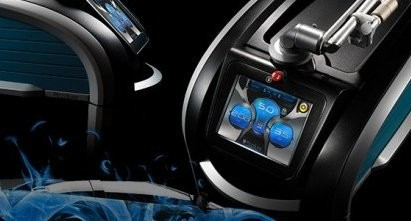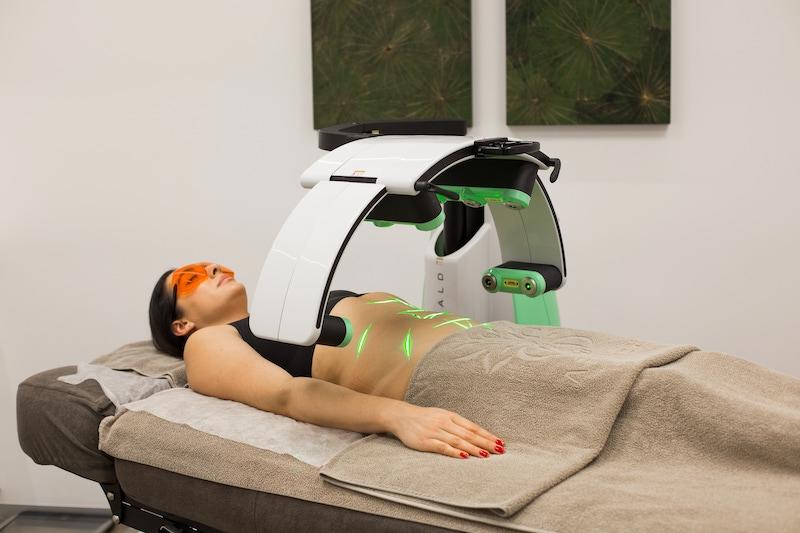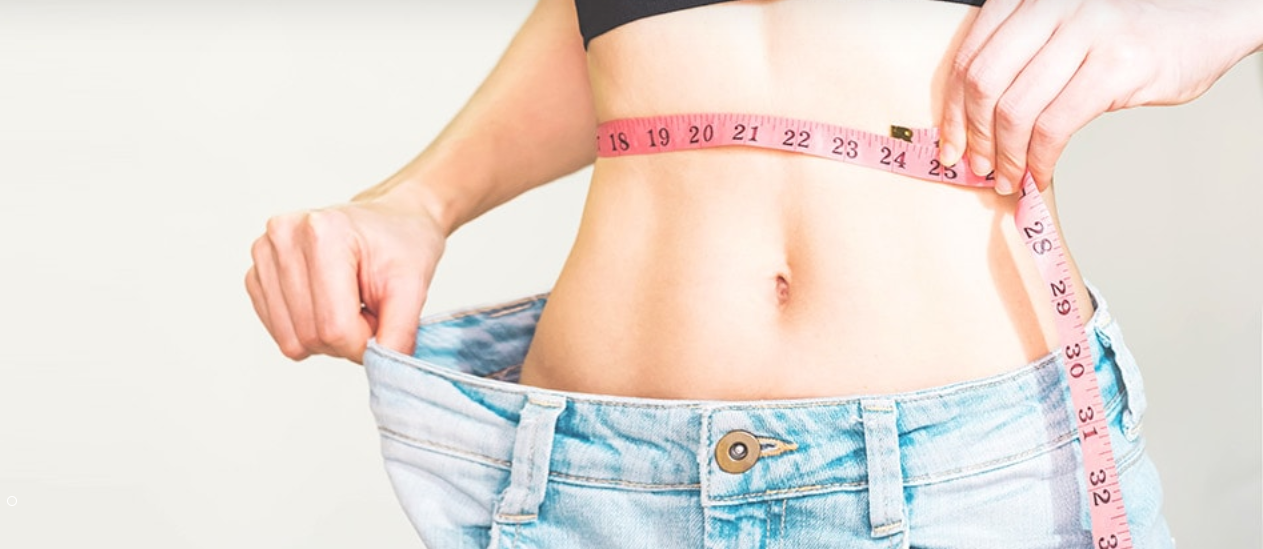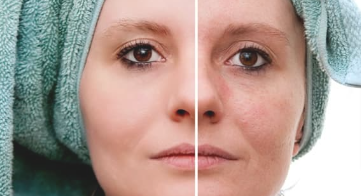Introducing the world's fastest tattoo removal...
PicoSure® by CynoSure
Removes unwanted tattoos up to 75% quicker than any other tattoo removal process. As seen on Channel 4’s Bodyshockers: Nips, Tucks & Tattoos with Katie Piper.
Go to PicoSure® Tattoo Removal

With over 40 years’ experience delivering beauty & laser treatments, Andrea Catton is the number one clinic in the UK to specialise in laser procedures.
To meet the growing demand for tattoo removal, fat reduction, freckle reduction, acne scar reduction and skin rejuvenation, we are proud to be the first clinic in the North West to offer the gold standard PicoSure & Revlite laser machines.
Learn more about us

Our PicoSure laser tattoo removal machine is recognised as the fastest and most effective laser tattoo removal treatment in the world. It can remove tattoos up to 75% faster than traditional Nd:YAG lasers.
For those who absolutely need to remove their tattoo in the quickest time possible then PicoSure is the solution for you.
Learn More About PicoSure

Andrea Catton Laser Clinic Limited is an introducer appointed representative of Ideal Sales Solutions Ltd T/A Ideal4Finance. Ideal Sales Solutions is a credit broker and not a lender (FRN 703401). Finance available subject to status. The rate offered is always provisional and will depend upon your personal circumstances, the loan amount and term.
"I found the tattoo removal treatment from Andrea Catton to be excellent. You can tell Andrea has loads of experience and she made me feel completely at ease, it hurt less than I thought too!"
- Mike Jones
PicoSure Tattoo Removal
PicoSure Tattoo Removal Case Study & Interview #7 – Lauren
Like many of our clients, Lauren got her tattoo in her teenager years at 18. Unhappy with the location of…
Read More
PicoSure Tattoo Removal Case Study
& Interview #6 – Lisa
Lisa already had treatments with another laser but wasn't seeing the results she wanted, so she enquired about the PicoSure…
Read More
Submit Enquiry







